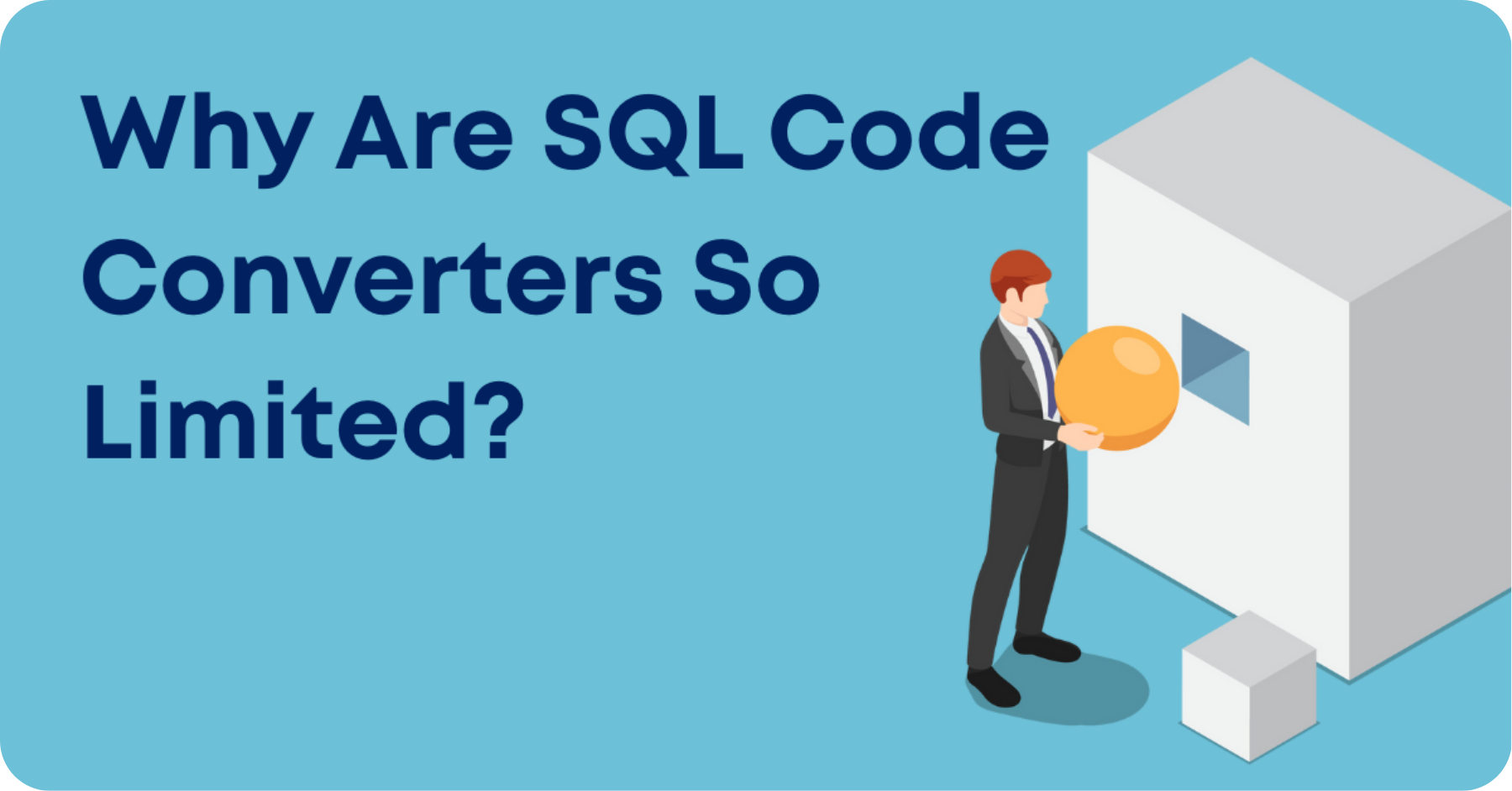This article appeared on Forbes.com
Ask any IT leader why their department is still operating database technology from the last millennium, and you’ll most likely hear about how much they wish they could do away with those systems. As a matter of fact, they might have tried for years already but ran aground on the proverbial vendor lock-in of databases.
For IT professionals across the globe, there are few things that are as despised as vendor lock-in. It essentially forces an organization to continue staying with a vendor, whether due to the exorbitant cost of switching providers or the potential interruption that could occur from a change.
Vendor lock-in can be particularly frustrating when it comes to databases. In an economy that is increasingly defined by the ability to use data for just about every business decision, the last thing anyone wants is to be tethered to outdated database technology.
Besides the direct implication of having to stay with a certain vendor, vendor lock-in has much more far-reaching consequences. In this article, we take a closer look at its impact not only on IT, but also on business customers, and what it means for technology upstarts that seek to break into the market.
Being locked in also means being locked out.
Database vendor lock-in makes an organization use a given “make and model” of a database even though its IT leadership would rather not use that specific system. Logically, not only does it mean to be tied to a given vendor, but it also implies the enterprise is locked out from using better technology.
Not being able to use newer and better systems then translates directly into missed business opportunities. In the case of databases, this means missing out on faster or more scalable processing and almost always having to put up with an unfavorable price-performance ratio. Read the full article here.
About Mike Waas, CEO Datometry
Mike Waas founded Datometry with the vision of redefining enterprise data management. In the past, Mike held key engineering positions at Microsoft, Amazon, Greenplum, EMC, and Pivotal. He earned an M.S. in Computer Science from the University of Passau, Germany, and a Ph.D. in Computer Science from the University of Amsterdam, The Netherlands. Mike has co-authored over 35 peer-reviewed publications and has 20+ patents on data management to his name.


